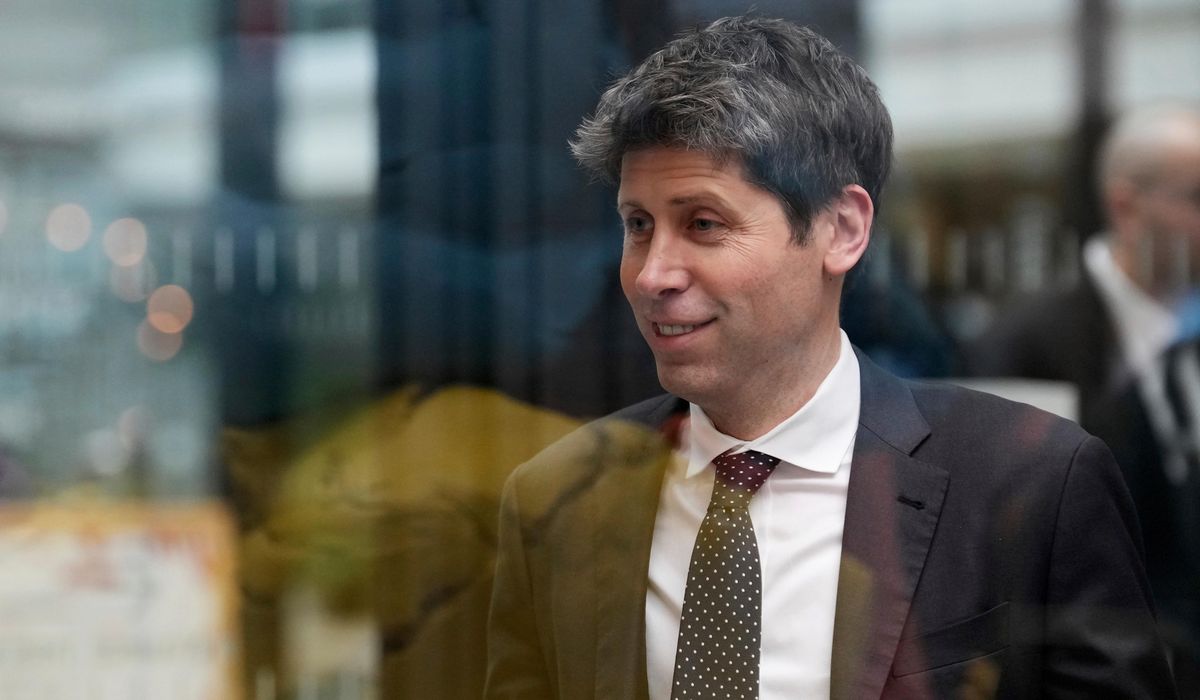


OpenAI is preparing to form new partnerships with the Pentagon and U.S. intelligence community, marking an important shift for a company that has grown extremely close to American national security officials in recent months.
Katrina Mulligan, OpenAI head of federal partnerships, said Monday that she was working on four projects, involving America’s National Labs, Department of Defense, intelligence community, and industrial base.
Ms. Mulligan, a veteran of the defense and intelligence communities, provided few details surrounding the big projects with the intelligence community and the Department of Defense in remarks at the Special Competitive Studies Project’s AI+ Expo in Washington on Monday.
She told attendees of the conference, which attracts military and intelligence officials focused on AI to Washington, that she has confidence in OpenAI’s ability to develop cutting-edge AI with safety in mind.
“I would say that part of doing it safely and responsibly means we have to partner with government,” Ms. Mulligan said.
Ms. Mulligan joined OpenAI last year after working with the U.S. Army and previous stints with the Department of Justice, Office of the Director of National Intelligence, and former President Obama’s National Security Council.
OpenAI rewrote its rules last year, which enabled increasing collaboration with the Department of Defense. The major AI developer erased prohibitions on using its AI models for weapons development and working with the military.
In January 2024, the company told The Washington Times its rules changes were intended to diminish danger.
“Our policy does not allow our tools to be used to harm people, develop weapons, for communications surveillance, or to injure others or destroy property,” the company told The Times in January 2024. “There are, however, national security use cases that align with our mission.”
The number of national security use cases is poised to grow in 2025. OpenAI unveiled its plan to work with U.S. National Laboratories earlier this year.
Los Alamos National Laboratory said in January 2025 it would use OpenAI’s models to conduct national security research and OpenAI said it wanted to support the lab’s work to reduce the risk of nuclear war.
Precisely how OpenAI will collaborate with the Pentagon and U.S. intelligence community remains to be determined.
A facilitator for collaboration between the spies and AI makers is a newcomer to OpenAI’s board: retired Army Gen. Paul Nakasone. The former National Security Agency director joined the company’s board in June 2024 after leaving government service last year.
OpenAI is also busy at work with leading defense technology company Anduril to benefit the U.S. military. Anduril said in December 2024 that its partnership with OpenAI was intended to create systems that would better protect U.S. and allied militaries from unmanned drones.
The Department of Defense and Office of the Director of National Intelligence did not respond to requests for comment.
• Ryan Lovelace can be reached at rlovelace@washingtontimes.com.
